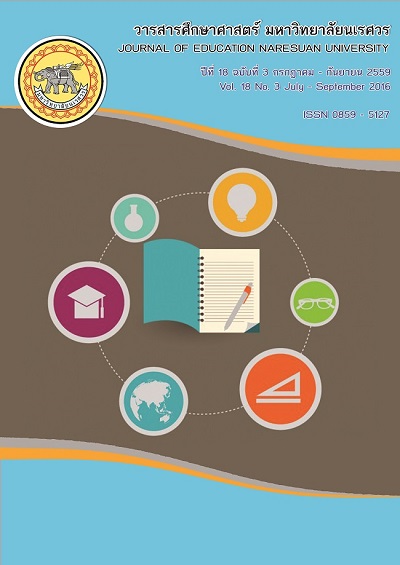THE IMPLEMENTATION AND EVALUATION OF SATISFACTION WITH THE BLENDED SOCRATIC METHOD OF TEACHING (BSMT): AN INSTRUCTIONAL MODEL TO ENHANCE THE CRITICAL THINKING SKILLS OF UNDERGRADUATE BUSINESS STUDENTS
Main Article Content
Abstract
The main focus of this study was to implement and evaluate the level of satisfaction of undergraduate business students towards an instructional model known as the Blended Socratic Method of Teaching (BSMT) developed to enhance their critical thinking skills. The model refers to a set of inter-related components arranged in sequential order which provides guidelines to teachers to achieve RED – recognizing assumptions, evaluating arguments, and drawing conclusions). The specific purposes of this research were 1) to implement and determine the effectiveness of the instructional model, and 2) to evaluate the level of satisfaction of undergraduate business students towards the instructional model.
The research methodology comprised two phases corresponding to two research objectives: 1) implementation of the developed instructional model with 40 undergraduate business students majoring in Human Resource Management at Naresuan University International College (NUIC) and the determination of the effectiveness of the model and 2) evaluation of the satisfaction of the undergraduate business students towards the instructional model.
The results were as follows:
1. During the implementation of the model, the findings revealed that the developed model is an effective instructional model to enhance the critical thinking skills of the undergraduate business students, as shown in the students’ pre-test (=13.20) and post-test score (
=25.17) in the critical thinking appraisal, which is significantly different at 0.01 level of significance.
Article Details
The owner of the article does not copy or violate any of its copyright. If any copyright infringement occurs or prosecution, in any case, the Editorial Board is not involved in all the rights to the owner of the article to be performed.


